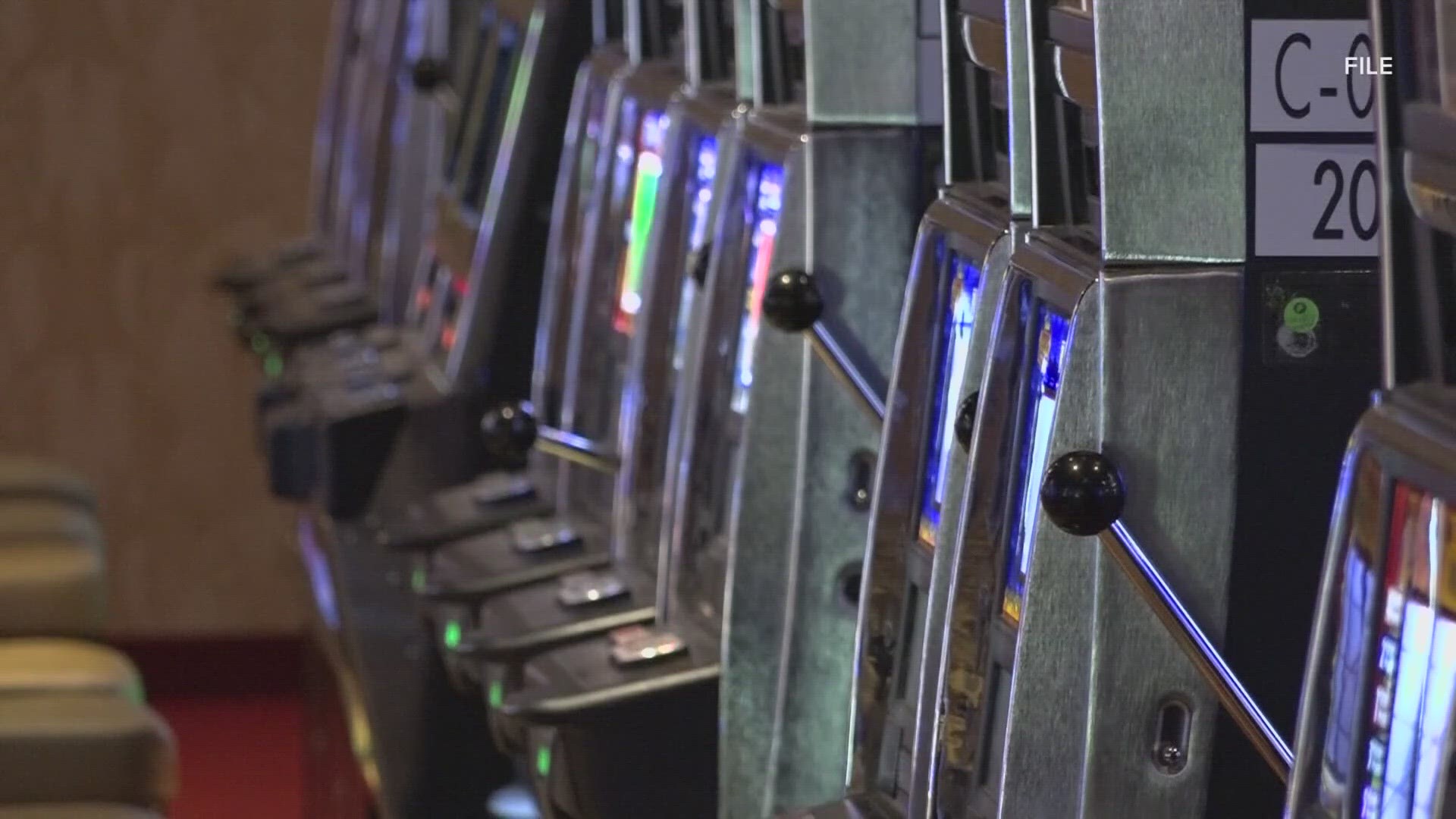AUGUSTA, Maine — After the recent legalization of sports betting, several tribal nations in Maine are now pushing for gaming expansions with three upcoming bills.
In a public hearing Tuesday, lawmakers heard from a handful of stakeholders and leaders of Wabanaki Nations.
One of the bills introduced, LD 1777, would aim to create economic opportunities for the Wabanaki Nations through the use of internet gaming.
"We're just trying to be current with the times," Aaron Dana, a representative with the Passamaquoddy Tribe, said. "To become sovereign, like Chief Nicholas had said, we have to be able to depend on ourselves."
According to a 2022 Harvard Kennedy School study, the Wabanaki Nations have been economically stunted due to the ramifications of the Maine Indian Claims Settlement Act of the 1980s, compared to other federally recognized tribes throughout the U.S.
Leaders testified that by investing in gaming expansions, like Maine saw with the legalization of sports betting, revenue could be redirected back to their communities.
"When tribes have this ability, it's a great economic boom on the region," Rep. Benjamin Collings said, who presented the bill. "By not allowing the tribes to go forward with the rights of gaming, full rights not just some, we are depriving tribes the right to take care of their communities."
A similar argument was made for a second bill, LD 1944, which would allow tribes to operate casinos on tribal lands or to negotiate with the state to operate a casino elsewhere.
The final bill presented, LD 1992, would tap into the horse race industry in Maine, with the allowance of historical horse racing and electronic beano for both existing gaming licensees and Wabanaki Nations.
"I also think the partnership between the horse race industry or anyone else that wants to work with the tribe is a great thing," Chief William Nicholas said.
Those in opposition, including one former member of the Penobscot Nation tribal council, claim the tribes would not have the capacity to support a potential expansion.
Others claimed the move would cause a saturation of the market and that the addition of either internet gaming or additional in-person casinos or gaming would not be met with much demand.
"It doesn't even seem to be demand for the slot machines that we have out there, much less creating a lot more," Dan Walker, an attorney representing Oxford Casino & Hotel, one of the two operating casinos in the state, said.

